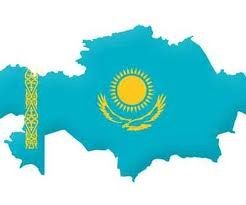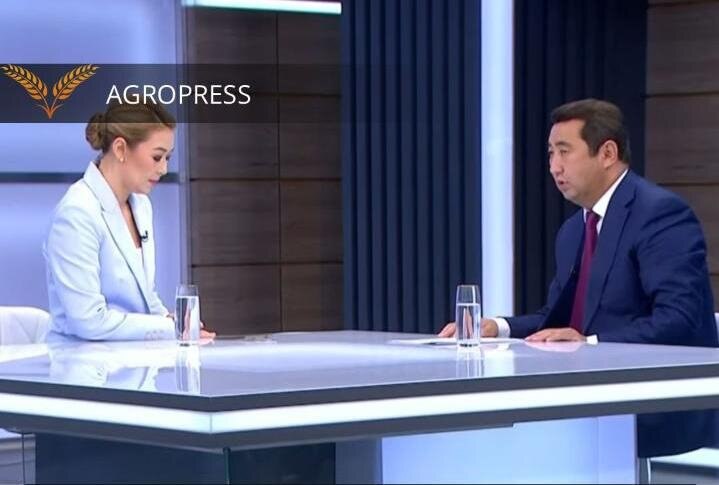ASTANA (TCA) — The Government of Kazakhstan on December 4 approved the draft Concept of the State Program for Industrial and Innovative Development for 2020–2025, the official website of the Prime Minister of Kazakhstan reported.
The Minister for Investments and Development Zhenis Kassymbek reported that the Concept envisaged such areas as the development of the “economy of simple things,” the saturation of the domestic market with domestic goods, support for exporters in the manufacturing industry and the implementation of large, breakthrough projects through private investment, including foreign ones.
“In general, industrial policy will maintain continuity and will focus on the development of the manufacturing industry. We will make maximum use of the existing infrastructure and institutional framework,” the minister said.
In addition, he noted that basic conditions for the development of the manufacturing industry have been provided.
First, an institutional framework has been formed: the Enterprise Code has been adopted, which combined all the tools for supporting entrepreneurs, and determined the functions of development institutions. The creation of the Baiterek Holding and the development of specialized support institutions made it possible to cover all aspects of the manufacturing industry.
Second, the system support for the processing industry continues through the development of the necessary industrial infrastructure – 12 special economic zones have been created, three of which already have full infrastructure readiness (Innovative Technology Park, Ontustyk and Khorgos-Eastern Gate). There are 22 industrial zones with fully or partially completed infrastructure, seven industrial zones are at the construction stage, and nine are at the design stage.
In addition, systematic work is underway to develop human capital. Within the framework of the second five-year plan, 11 basic higher education institutions for personnel training were defined.
Third, the modernization of existing enterprises and the implementation of new investment projects in the basic sectors – metallurgy, oil refining and chemical industry.
Fourth, the manufacturing industry is expanding the range of manufactured products in metallurgy, mechanical engineering, chemistry, pharmaceuticals, and the construction industry.
The goal of industrial innovation policy is to stimulate the competitiveness of the manufacturing industry in the domestic and foreign markets. This goal will be achieved by solving three problems:
– Deepening industrialization. The task is aimed at improving the efficiency of enterprises, providing the domestic market with domestic goods, rational placement of enterprises at growth points and the creation of a pool of competitive manufacturing enterprises.
– Expansion of production volumes, range and complexity of processed goods that are in demand in foreign markets. This is a task for exporters.
– The increase in industrial capacity. This task will be solved through the stimulation of the development of new industries, the creation of capital-intensive industries, including with the participation of transnational companies and foreign investors, and the provision of the necessary raw materials to manufacturing enterprises.
For the successful achievement of the goals and objectives, the ministry offers to work in five areas of industrial and innovative development:
– Conducting a proactive trade policy aimed at removing barriers to foreign trade within the framework of the EEU, access to the market in China, Central and South Asia, as well as rational protection of the domestic market.
– The anticipated creation of specialized production factors at growth points. Efforts will be directed to the development of high-quality industrial, digital and certification infrastructure, human capital, centers of competence.
– Creation of new capital-intensive and knowledge-intensive industries, using the state’s capabilities in the distribution of raw materials and the provision of attractive conditions for investors.
– Direct support for efficient enterprises in the domestic and foreign markets.
– Improving the efficiency of the support system for industrial innovation through more precise adjustment of the coordination, financing and monitoring of industrialization policies.







